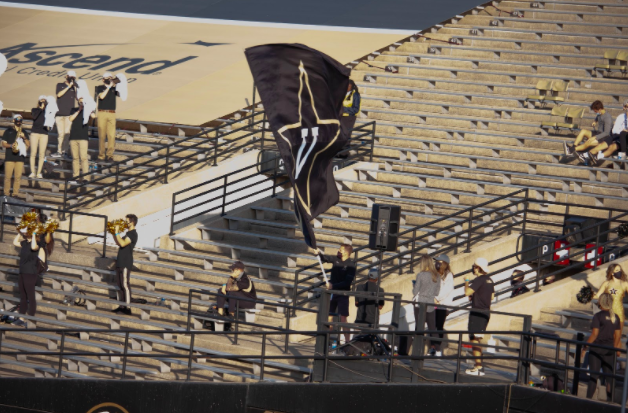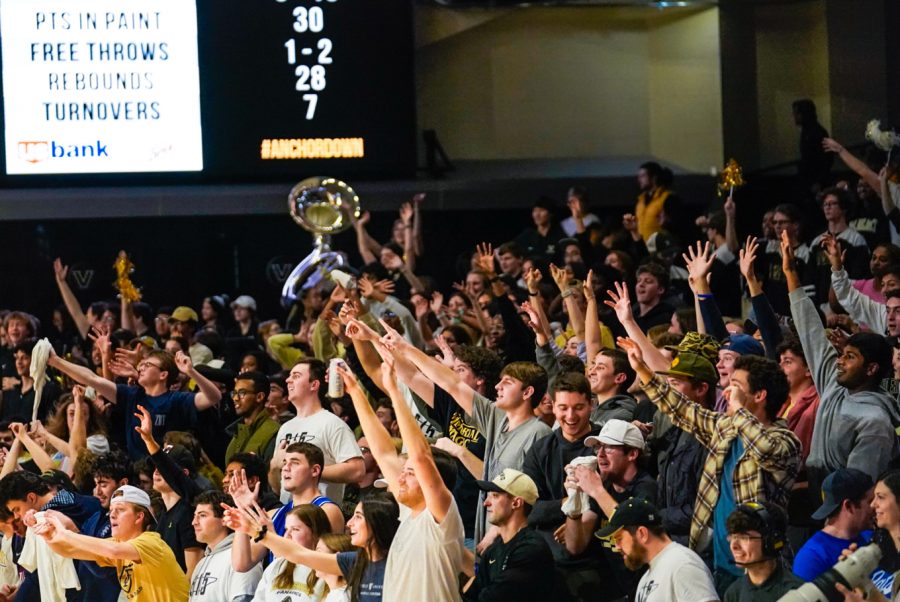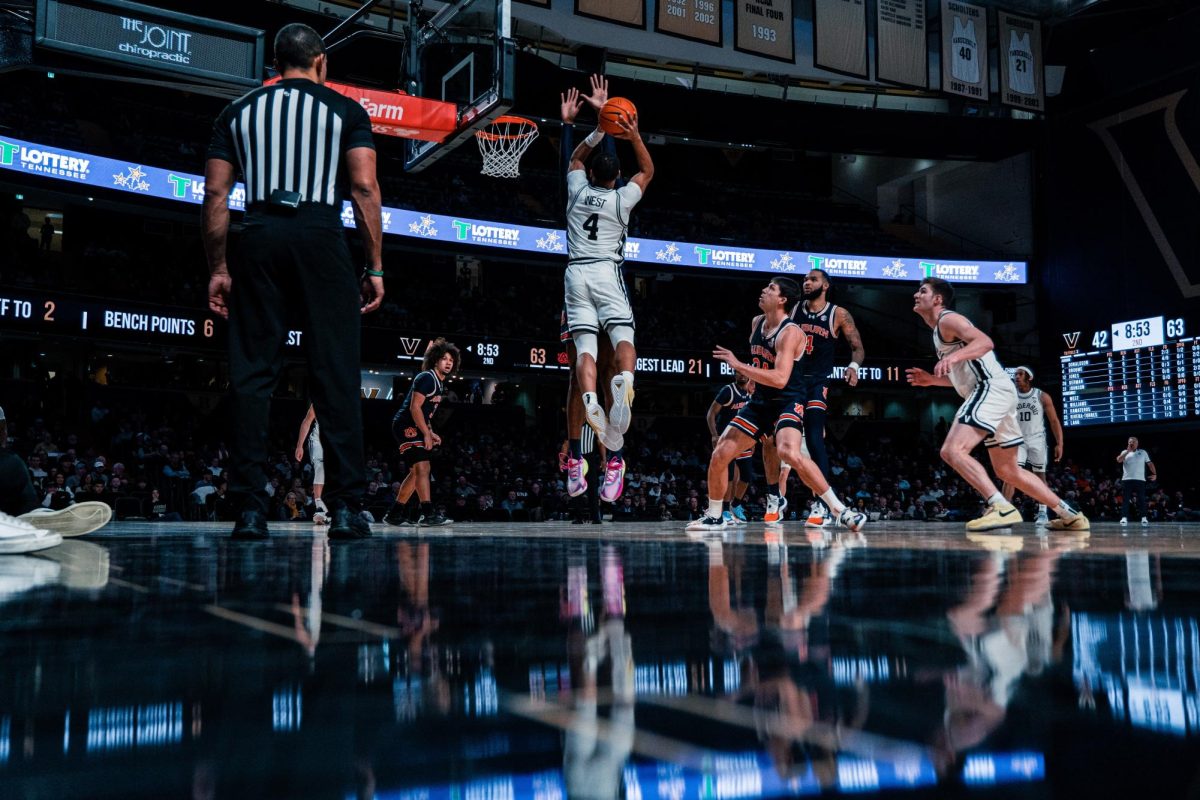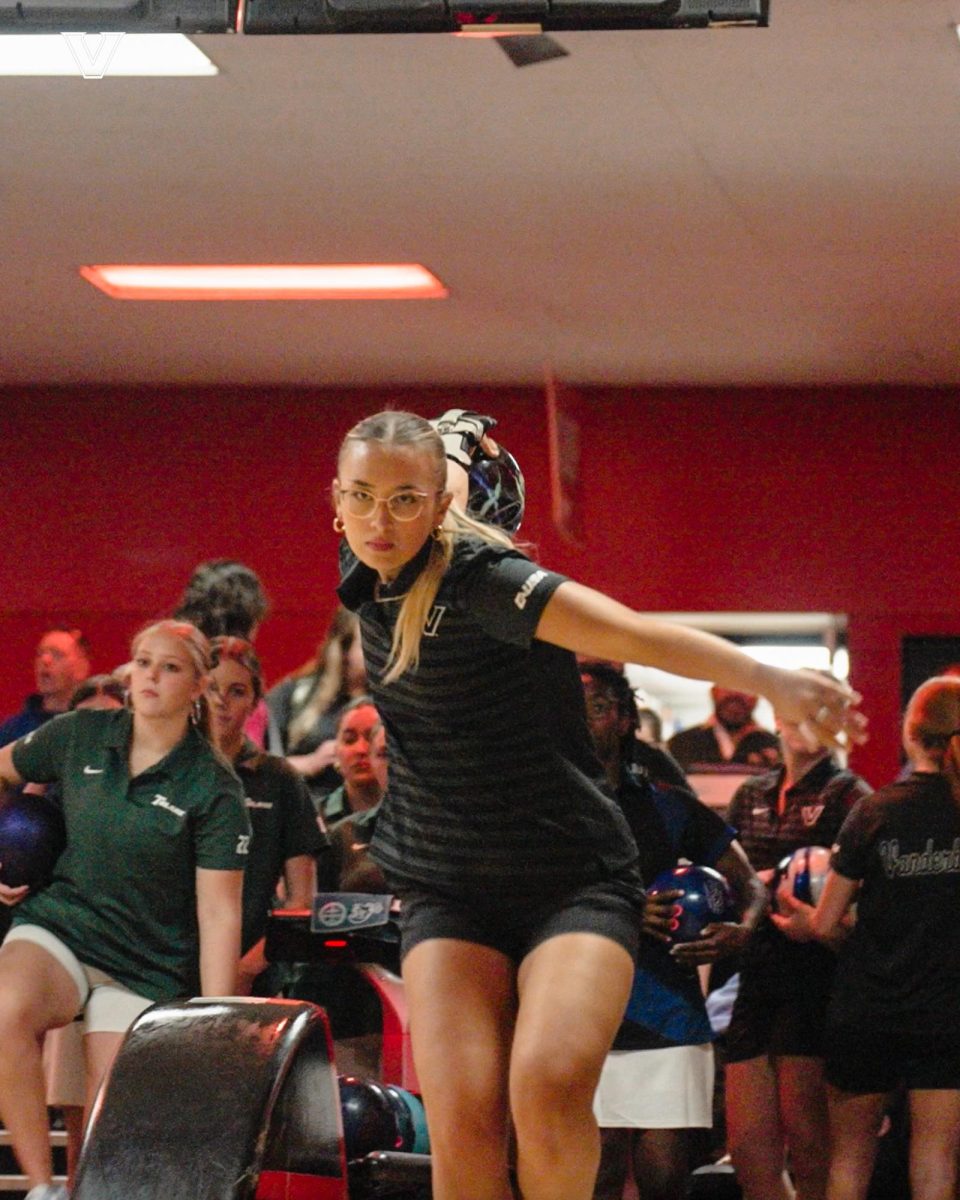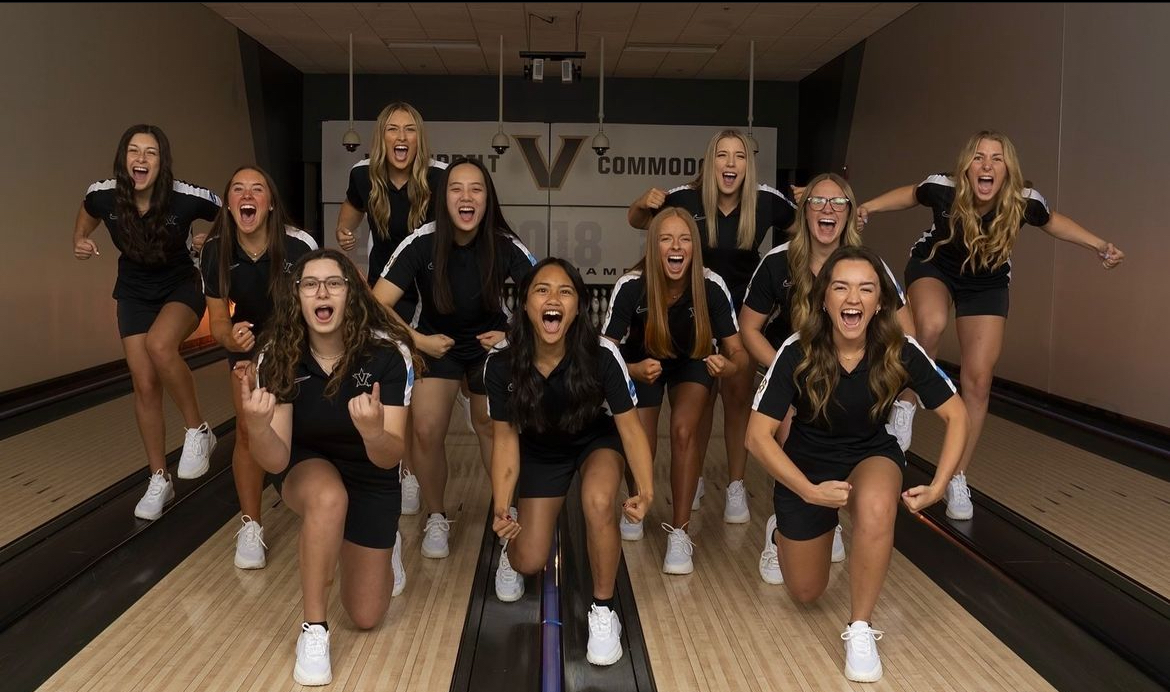Like many, I was heartened by Sarah Fuller’s gender-barrier-breaking participation in recent Vanderbilt football games. I am disappointed that the crucial point in this narrative regarding the COVID-19-related circumstances leading up to the event has been largely overlooked in the widespread and largely self-congratulatory commentaries. Indeed, there can be little doubt that, had it not been for the COVID-19-related deficits to the team’s kicking roster, Fuller’s participation would never have even been contemplated. Even more compelling is the complete lack of mention of the ethics and wisdom of conducting any intercollegiate athletics during the most dire public health crisis of the last century.
As an educator and global health investigator at Vanderbilt, I have had numerous opportunities to give classes and presentations that highlight the impact of global health threats from infectious disease. In that light, I am continually struck at how little most people appreciate the ongoing cost of diseases such as malaria and moreover, the rich human history of catastrophic pandemics. This notably includes the 1918 H1N1 influenza that infected one-third of the world’s population, leading to at least 50 million deaths worldwide and 675,000 in the USA.
While it is imperative that essential activities continue as the current COVID-19 pandemic rages out of control in the USA (22.9 million infections and 383,351 deaths as of Jan. 15), it strains one’s intelligence to understand why Vanderbilt—and indeed so many universities—which are supposed to be in the ‘smart’ business, continue to send athlete-students like Fuller out on the road to compete in bowling, football, soccer, swimming and other sports. Simply put, regardless of well-intentioned mitigation efforts and the financial rewards that come with university sports, such non-essential activities, directly and indirectly, represent existential threats to Public Health and accordingly, are just not a risk worth taking. I have raised this point at nearly every level at Vanderbilt through individual email communication with administration (largely ignored) as well as repeated attempts to engage the faculty senate to take on this issue, which it has elected not to do.
Responsible university leadership—as recently displayed by the Ivy League Council of Presidents, which on Nov. 12 set aside athletic competition in the interest of athlete and public health considerations—must recognize that Public Health must always trump popularity and profits. In that light, Vanderbilt should set an example worthy of the reputation it strives for and immediately discontinues all intercollegiate athletic competitions until the COVID-19 pandemic is behind us.
To be sure, taking a break from college athletics is not a trivial sacrifice. It would significantly impact athlete-students, coaching staff, dedicated boosters and fans. It would also represent a significant loss of immediate revenue as well as a potential threat to future sports-income for many universities that depend upon those dollars. That being said, and with sympathy to those athlete-students impacted (who might be partially made whole with an extra year of athletic eligibility), from a Public Health perspective this is a no-brainer.
The inconvenient truth is that universities are ethically obliged to make this sacrifice in the fight against COVID-19 which is currently raging out of control across this country.
This obligation not only reflects the paramount Public Health considerations but also recognizes the heroic sacrifices that are being made on a daily basis by countless frontline healthcare providers and other truly essential workers. Over and above the collective responsibilities of an informed citizenry that include universal vaccination as well as continuing to wear face masks and practice social distancing, we owe it to them to do everything possible to reduce their burden and help end the COVID19 pandemic.

